In response to a school shooting tragedy, many children may have questions and concerns. Talking to kids about school shootings can be hard, but it’s important to be open to discussion – and even to starting a conversation – about tragic events. A tragedy does not have to be a trauma if it’s buffered by good, strong and caring relationships.
Have an age-appropriate conversation
Preschool age: Because you have a high level of control over what your preschool child sees and hears, you don’t need to bring up the incident unless your child hears about it first. In that case, make sure he or she knows that you are there to answer any questions.
Elementary school age: This is an age when you should preemptively tell your child about the tragedy and share basic details. It’s also important to leave the door open for them to ask more questions.
Middle and high school age: At this age, you should have a more detailed conversation. Start by asking questions like, “Have you heard about this?” and “What do you think about this?” to find out what they know and what may be bothering them.
Be supportive
- Children will benefit greatly from support and caring expressed by the adults in their lives.
- Create an environment in your home or classroom that encourages respect for each other’s feelings and fears, and allows for a supportive, healing environment.
Be available
- Let children know that you are available to talk with them.
- Let children ask questions.
- It is okay if you do not have answers to all the questions. It is okay to let your child know that you do not have the answer but that you will try and find out.
Be caring
- Let children know about the support being provided to students, friends and families of the victims.
- Be aware of children who may have experienced a previous trauma and may be more vulnerable to experiencing prolonged or intense reactions and will need extra support.
Be reassuring
- Acknowledge the frightening parts of the event.
- Reassure children that they are loved and will be taken care of.
- Children who have concerns about siblings who are living on a college campus or have concerns about safety at their own school should be reassured and their concerns validated.
Be thoughtful
- Be aware of how you talk about the event and cope with the tragedy. Children learn about how to react to traumatic situations by watching and listening to parents, peers and the media.
- Reduce or eliminate your child’s exposure to television images and news coverage of the shooting. The frightening images and repetition of the scenes can be disturbing for children. If they do see coverage, be sure to talk with them about what they saw and what they understood about the coverage. Make sure to correct any misunderstanding or misinterpretations.
- Maintain your child’s routine as best as possible.
Be creative
- For children who are too young to talk or do not feel comfortable talking about their feelings, expressive techniques such as play, art and music can provide additional ways for children to express their feelings and let you know what may be troubling them.
Exposure to social media
Your child may have also seen videos of the chaos during and after the shooting taken by students and onlookers and shared on social media. Let your kids know that you are there to answer any questions they may have.
You should also check in with them at the end of the day to see what their friends were talking about at school and what they saw on social media so you have an idea of where they’re starting from and how to continue the conversation. Seeing frightening images repeatedly can be traumatic for children, so talking about the images and limiting exposure to them is important.
Many behaviors and symptoms of stress are normal for children who have just experienced a trauma. However, if you find that your child is preoccupied with the event, has ongoing sleep or eating disturbances, is experiencing intrusive thoughts or worries, is focused on fears about death or is having difficulty going to school and leaving parents, your child should be evaluated by a mental health professional. Contact your pediatrician, family physician or school counselor if you feel that the symptoms are persisting and are interfering with your child’s daily routines.
 https://riseandshine.childrensnational.org/wp-content/uploads/2025/07/autistic-girl-with-headphones-feature.jpg
300
400
Danielle Robbins
https://riseandshine.childrensnational.org/wp-content/uploads/2017/11/childrens_riseandshine_logo.jpg
Danielle Robbins2025-07-22 14:17:142025-07-30 15:07:12Understanding anxiety in autism: Why it happens and how to help
https://riseandshine.childrensnational.org/wp-content/uploads/2025/07/autistic-girl-with-headphones-feature.jpg
300
400
Danielle Robbins
https://riseandshine.childrensnational.org/wp-content/uploads/2017/11/childrens_riseandshine_logo.jpg
Danielle Robbins2025-07-22 14:17:142025-07-30 15:07:12Understanding anxiety in autism: Why it happens and how to help


 Lee Beers, MD, was the Medical Director for Community Health and Advocacy within the Goldberg Center for Community Pediatric Health and Child Health Advocacy Institute at Children’s National Hospital.
Lee Beers, MD, was the Medical Director for Community Health and Advocacy within the Goldberg Center for Community Pediatric Health and Child Health Advocacy Institute at Children’s National Hospital.



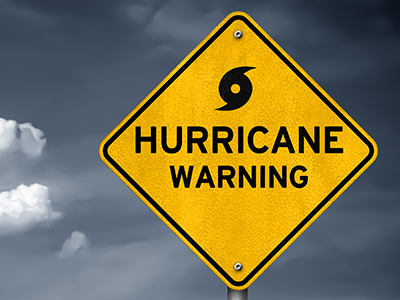
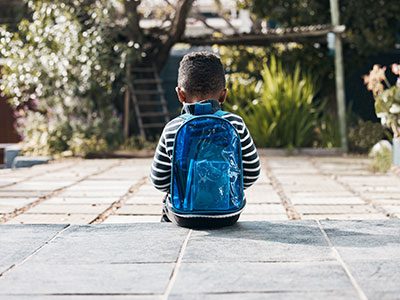
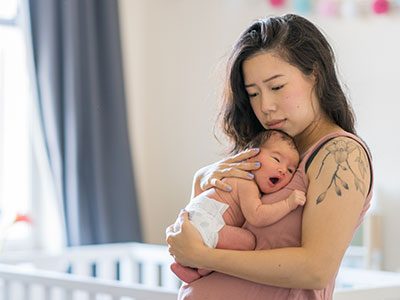
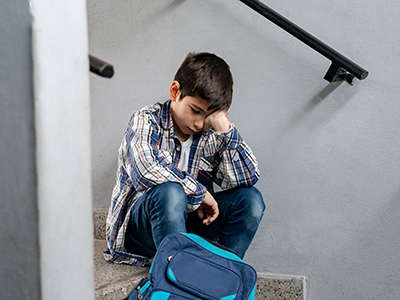
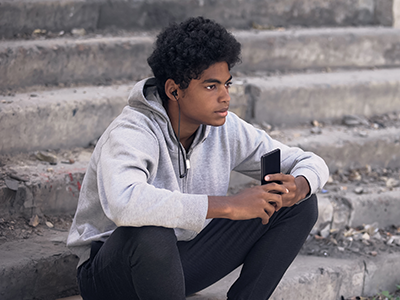

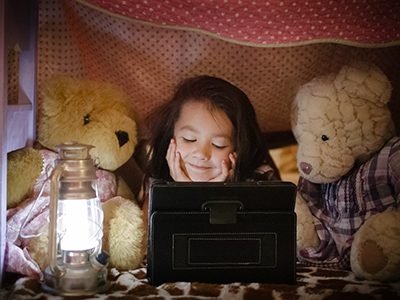
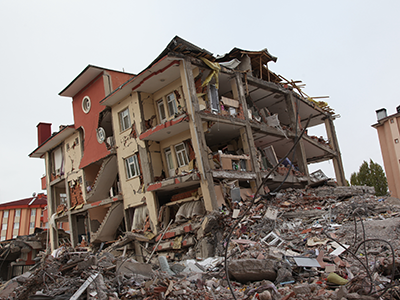


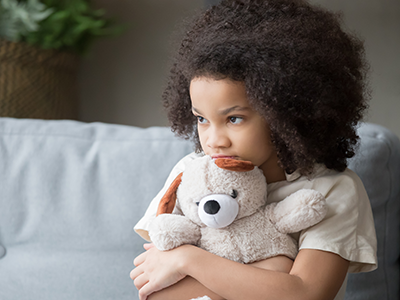
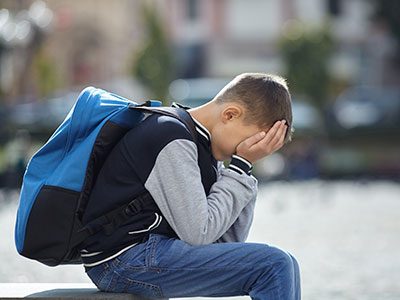
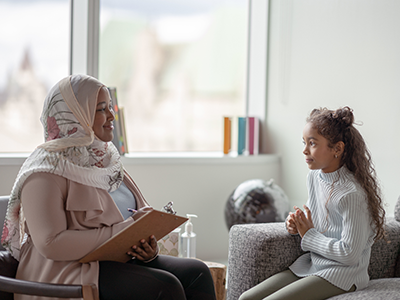

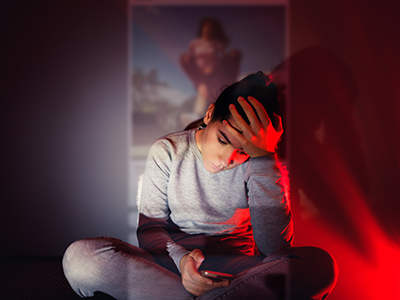
Leave a Comment
Want to join the discussion?Feel free to contribute!